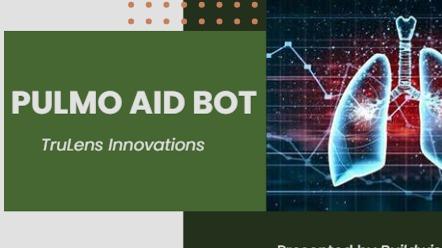
Claudestay is a game-changing solution to the persistent challenge of swiftly locating and presenting price information for hotels with specific star ratings in designated areas. In today's fast-paced world of hotel accommodation, travelers often find themselves frustrated by the daunting task of sifting through an overwhelming array of options. Claudestay addresses this head-on with the Claude 3 Hotel Locator, a cutting-edge platform that seamlessly integrates artificial intelligence and data aggregation. By harnessing the power of Claude 3's intelligence combined with the SERP API, Claudestay ensures unparalleled accuracy in delivering relevant information to users. Through a meticulous process of data collection, cleaning, and organization, Claudestay creates a lightning-fast vector database utilizing advanced Gemini embeddings models. When users query the system, relevant documents are swiftly extracted from this database using FAISS and processed by the Claude3-opus model. The result is a tailored, user-friendly interface that provides travelers with precisely what they need, precisely when they need it. Gone are the days of tedious internet searches yielding unreliable or incomplete information. With Claudestay, users can confidently make informed decisions about their accommodations, saving time and minimizing frustration, whether planning a business trip or a leisurely getaway.
16 Mar 2024

Lung cancer prediction, critical in oncology, benefits from AI, notably GPT-3.5 Turbo. It leverages diverse data, including demographics, medical history, genetics, environment, imaging, and clinical notes, to generate accurate risk assessments. GPT-3.5 Turbo's unique capabilities in natural language understanding enhance predictive models by extracting insights from unstructured data, refining risk stratification, and facilitating early detection and intervention. Its development involves rigorous steps of data collection, preprocessing, feature engineering, model selection, and evaluation to ensure robustness and generalizability, promising significant advancements in lung cancer care and patient outcomes.
23 Feb 2024

In finance, facts need to be thoroughly checked and help in the decision-making of a company or individual. 1. Accuracy: Financial decisions are based on numbers and data, so the information must be accurate. Incorrect data can lead to flawed analysis and misguided decisions. 2. Risk Management: Making decisions based on unreliable information can increase the risk of financial losses. Individuals and companies can better assess and mitigate risks by thoroughly checking facts. 3. Compliance: Many financial decisions are subject to regulatory requirements. Ensuring the accuracy of information helps to comply with legal and regulatory standards, reducing the risk of penalties or legal issues. 4. Reputation: Inaccurate financial information can damage the reputation of individuals or companies. Stakeholders, such as investors, lenders, and customers, rely on accurate financial reporting to make their own decisions. 5. Strategic Planning: Fact-checking supports strategic planning by providing a reliable foundation for forecasting and setting goals. Without accurate information, strategic decisions may be based on faulty assumptions. 6. Resource Allocation: Fact-checking helps optimize the allocation of resources. By accurately assessing financial data, individuals and companies can allocate resources more efficiently, maximizing returns and minimizing waste. In conclusion, thorough fact-checking is a fundamental aspect of financial decision-making. It ensures accuracy, reduces risk, facilitates compliance, protects reputation, supports strategic planning, and optimizes resource allocation.
13 Feb 2024